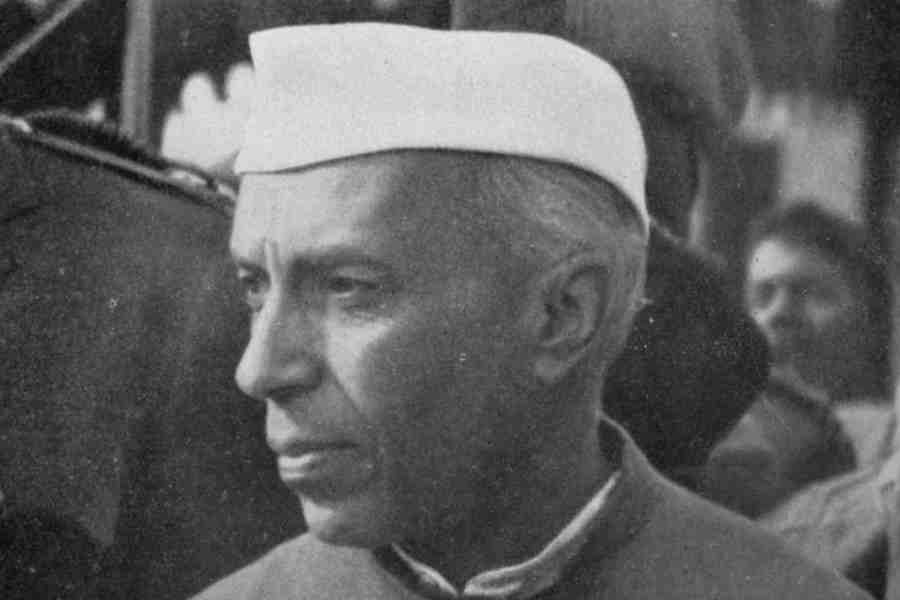Society is influenced by its ruling class. This influence can be noticed in every field associated with human life. The field of science is not an exception. There are several instances of political leaders influencing scientific research in the history of modern science.
The Edelman Trust Barometer survey has now unveiled this phenomenon in the Indian context. The Trust Barometer, conducted annually by the renowned global communications firm, Edelman, has revealed some intriguing phenomena. One such striking revelation is that even though there is widespread trust bestowed upon scientists globally, this trust is accompanied by a prevalent unease regarding governmental involvement in scientific research. The survey, spanning 28 countries and involving over 32,000 respondents from diverse cultural backgrounds, ranging from Mexico to Japan, underscores the magnitude of these sentiments on a global scale.
The survey’s findings also indicate a burgeoning dilemma confronting both scientists and governments: the increasing politicisation of science — 53% of the respondents spotted interference by politicians in scientific matters within their respective countries. Moreover, 59% believe that governments and research funders wield excessive influence on the conduct of scientific research. This sentiment is particularly pronounced in India and China, where 70% and 75% of the respondents, respectively, share this concern.
The politicisation of science in India has been a matter of concern since Independence. The failing relationship between C.V. Raman and Jawaharlal Nehru is well-documented. Raman was so disgusted by the attitude of politicians in the Nehru government that he put a board with the words, ‘Politicians not allowed’, written on it on the gate of his house. Even today, policies and focus areas of scientific research are often decided by politicians and bureaucrats. National missions tend to focus on areas that need attention for the development of the country. But this can also lead to the erosion of the nation’s potential in other areas. To prevent this, every scientist should be given a free hand to select the work of his/her choice. Whenever political leaders attempt to intrude into the free will of scientists, the intrusion is followed by catastrophes. We have seen how the public at the behest of political parties objected to the Gadgil Committee report. Even after the floods devastated Kerala in 2018, politicians were not gracious enough to acknowledge their mistake. The same can be said about the calamity that struck the Himalayan town of Joshimath. The Indian Space Research Organisation had published satellite images showing that many regions in the Himalayas, including Shimla, are sinking. But soon after that, the report vanished from the public domain, allegedly due to government influence. Governments or political entities have repeatedly attempted to suppress or downplay research findings, especially in the realms of environment and climate change, prioritising developmental activities.
In recent times, the government has emphasised applied research, with a greater push for fields like space research. This has inadvertently affected basic scientific research. The success Indian scientists have achieved, be it in space research or healthcare during the Covid-19 pandemic, is the result of decades of research in the basic sciences. While focusing on applied research, the government should not ignore the basic foundation of the sciences.
Politics also prevents scientists from sharing their findings fearlessly. In many national institutions, scientists are not allowed to speak to the media or to the public without permission from their superiors. The people wish and have the right to listen to scientists. Why should the freedom of expression of scientists be curtailed?
Science should be rational and unaffected by political interests. Scientists should work with integrity and shouldn’t distort scientific results to please the political elite.
Biju Dharmapalan is an adjunct faculty at the National Institute of Advanced Studies, Bengaluru











